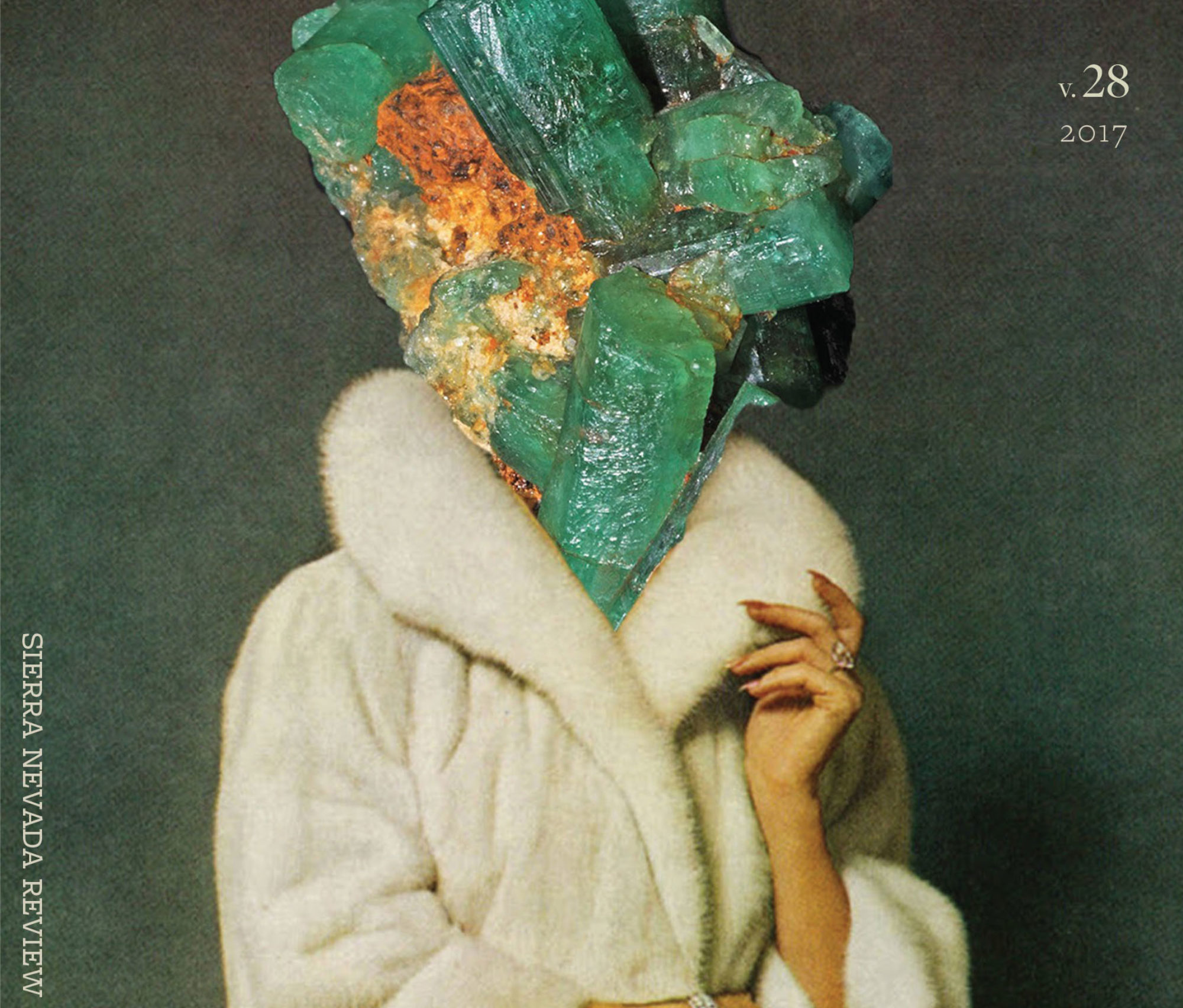by Brandon Dudley
Something I learned very early in the Sierra Nevada College MFA program, thanks to my mentor Alan Heathcock, was how helpful fear can be in the writing process. According to Al, he knows he’s doing something right when he’s nervous hitting the submit button on the work. That’s something I’ve tried to remember every time I send out a story.
Fear, at its best, means the writer is tackling something close to their core. They’re tapping into something important and meaningful and harboring genuine emotion. They’re exposing something true about themselves.
That doesn’t mean the work is necessarily in any way autobiographical. It could be about getting stranded on Mars, or getting attacked by a bear, or being hunted by a witch (you’ll have to forgive the movie references, I’m writing this on the day of the Oscars). But the subtext is true; the emotional core of the story is true.
It’s something I’ve noticed editing the Sierra Nevada Review this year. The stories that risked some form of exposure, that created some genuine fear in the writer before they hit submit, those were the ones we enjoyed, admired, and, with many, accepted.
Something else Al told me early on resonated here as well: “The greatest grief of human experience is that we are all separate.” We are all bound within our own bodies, and the closest we can get to true empathy—to understand the world as another person sees it—is through storytelling. And that’s what made it so obvious that those writers were exposing something true: we felt that connection. The separation was erased, just for a moment, because the writer was willing to put a crucial piece of themselves on the page.
I thought about that often as I read the work submitted to the Review. All other elements being equal, the stories that risked exposure in some way always rose to the top. By exposing themselves, by subjecting themselves to that fear, these writers were more likely to bridge the gap separating them from the reader. It doesn’t always work, of course, because our experiences vary so widely that what resonates in one reader might not in another. But more often than not, that bravery lifts the reading off the page and creates a genuine empathetic experience. And the work that risks little or nothing? Well, it feels like reading little or nothing.
By writing to expose yourself, you’re actually writing toward others. It doesn’t push people away, as I’d at times feared, it invites them in. Instead of making them recoil, it makes them want more. We are people greedy for connection, and the best way to make that connection is to take risks, to lean into your fears, and write until it scares you.
